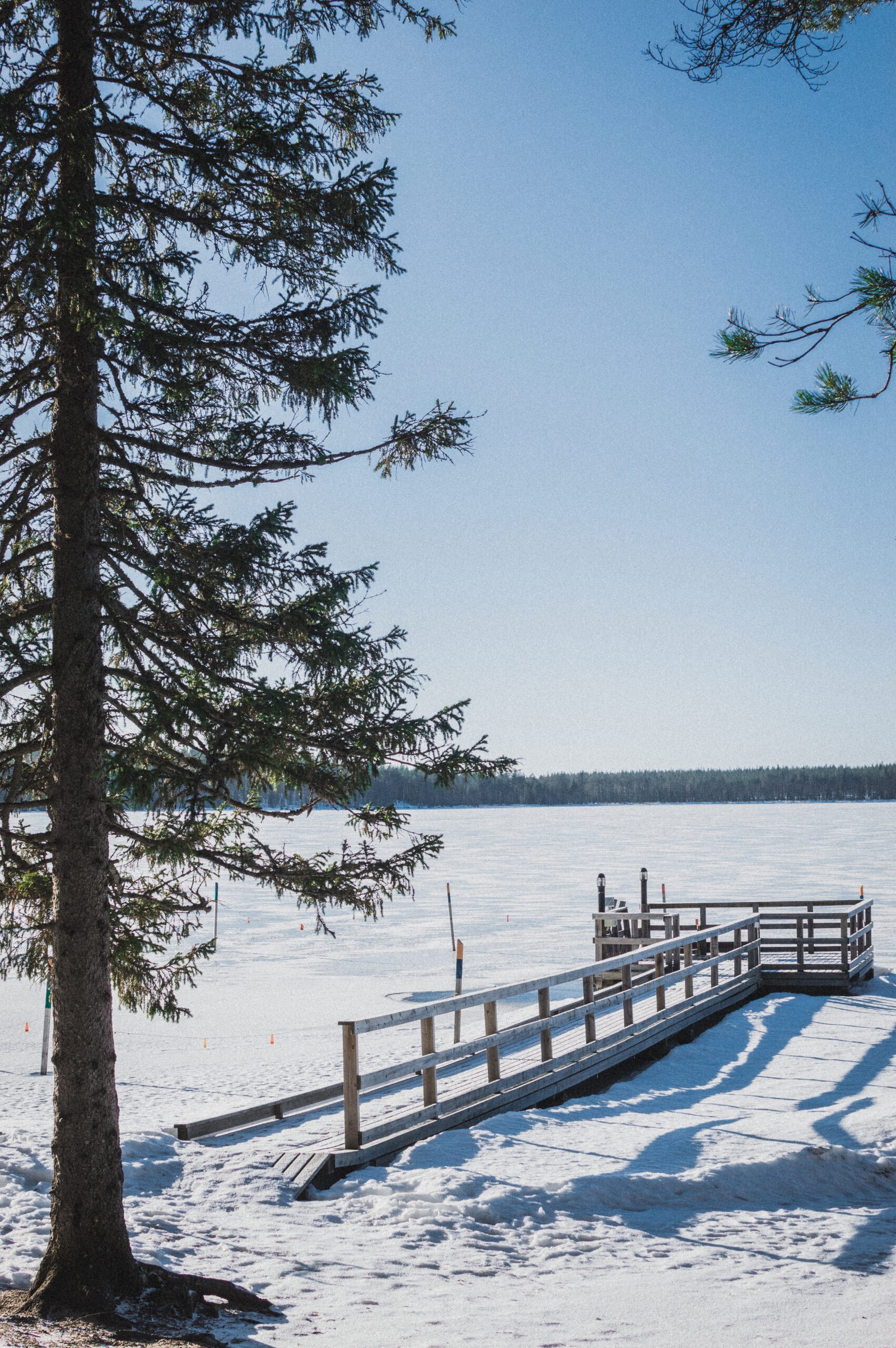
Angoon, Alaska
So, let’s talk about Angoon, Alaska. This small city nestled in the heart of the Alaskan wilderness is a hidden gem waiting to be discovered. With its breathtaking landscapes, rich cultural heritage, and a community that embraces its traditions, Angoon holds a unique charm that will captivate any traveler. As one of the many incredible cities in Alaska, Angoon offers an unforgettable experience like no other. Whether you’re a nature enthusiast, history buff, or simply seeking a serene escape from the chaos of everyday life, Angoon has something to offer everyone. So, let’s delve into the wonders of this remarkable city and uncover the hidden treasures that await you in Angoon, Alaska.
Location and Geography
Geographical coordinates
Angoon, Alaska is located at approximately 57.5042° N latitude and 134.5729° W longitude.
Size and boundaries
Covering an area of about 32.7 square miles, Angoon is situated on the western shore of Admiralty Island in Southeast Alaska. It is surrounded by the Kootznoowoo Wilderness to the east, the Alaskan Gulf to the west, and the Seymour Canal to the north.
Climate and weather
Angoon experiences a temperate rainforest climate characterized by mild, wet winters and cool, damp summers. Average temperatures range from the low 20s °F (-6 °C) in winter to the low 60s °F (15.5 °C) in summer. Rainfall is abundant throughout the year, with an average annual precipitation of around 84 inches (213 cm).
History
Indigenous history
The area now known as Angoon has long been inhabited by the Tlingit people, who have a rich and vibrant culture dating back thousands of years. Their deep connection to the land and sea is evident in their traditions, art, and way of life.
Russian and American influences
In the late 18th century, Russian fur traders arrived in the region, establishing trading posts and missions. The Tlingit people resisted Russian colonization and engaged in numerous conflicts. Eventually, with the purchase of Alaska by the United States in 1867, American influence began to shape the region.
Incorporation and modern developments
Angoon was officially incorporated as a city in 1961, becoming a hub for commerce, education, and government services. Over the years, the community has seen advancements in infrastructure, healthcare, and education, while striving to maintain and protect its cultural heritage.

Demographics
Population
According to the latest data, Angoon has a population of approximately 450 residents. The population size can fluctuate depending on seasonal activities and fishing seasons.
Ethnicity and culture
The majority of Angoon’s residents are of Tlingit descent, and their cultural traditions, practices, and language continue to play a vital role in the community’s identity. The Tlingit people take great pride in their history, art, storytelling, and traditional dance.
Languages spoken
English is the primary language spoken in Angoon, but the Tlingit language is also widely spoken and efforts are being made to preserve and revitalize this indigenous language.
Economy
Traditional subsistence activities
Angoon has a strong reliance on traditional subsistence activities, including hunting, fishing, and gathering. The rich natural resources of the surrounding land and sea provide sustenance and cultural significance for the community.
Commercial fishing
Commercial fishing also plays a significant role in Angoon’s economy. It is a vital industry, not only for the local economy but also for supplying seafood to markets both domestically and internationally.
Tourism
Tourism has become an increasingly important sector in Angoon’s economy. Visitors are drawn to the region’s stunning natural beauty, cultural heritage, and opportunities for outdoor recreation, such as fishing, wildlife viewing, and kayaking.
Government employment
Government employment, including tribal and state jobs, also provides income and stability for many residents of Angoon. These positions span a wide range of fields, including administration, education, healthcare, and public safety.

Transportation
Boat and ferry services
Given its location on an island, boat and ferry services are crucial for transportation to and from Angoon. The community has regular ferry connections to Juneau, the capital city of Alaska, as well as other nearby communities.
Airport
Angoon is served by a small airport, which offers scheduled passenger flights. The airport provides essential connections to other parts of Alaska and beyond.
Roads
The road system in Angoon is limited, as the majority of transportation within the community is done by foot, bike, or small vehicles. However, there are some paved roads and trails for local travel.
Education
Schools and educational institutions
Angoon is home to Angoon Elementary School and Angoon High School, providing education from kindergarten through twelfth grade. These schools offer a comprehensive curriculum that blends academic learning with cultural teachings.
Language preservation efforts
Efforts are being made to preserve and revitalize the Tlingit language in Angoon. Language programs, immersion schools, and cultural events are helping to ensure the transmission of this important aspect of Tlingit heritage to future generations.

Healthcare
Medical facilities
Angoon has a primary healthcare clinic that provides essential medical services to the community. The clinic is staffed by healthcare professionals who offer a range of services, including preventative care, acute illness treatment, and health education.
Access to healthcare services
Due to its remote location, accessing specialized medical care can be challenging for residents of Angoon. However, efforts are made to ensure that individuals have access to necessary healthcare services through telemedicine and organized transportation to larger healthcare facilities in nearby cities.
Culture and Recreation
Traditional activities and celebrations
The Tlingit culture is celebrated and preserved through various traditional activities and celebrations in Angoon. Potlatches, storytelling, dance performances, and cultural workshops provide opportunities for community members and visitors to engage with and learn from the rich Tlingit heritage.
Arts and crafts
Art is highly valued in Angoon, and many community members engage in traditional Tlingit arts and crafts. Woodcarving, weaving, beadwork, and silver jewelry making showcase the exceptional skills and artistic talents of the Tlingit people.
Recreational activities
The surrounding natural landscape provides ample opportunities for recreational activities. Fishing, hunting, hiking, kayaking, and wildlife viewing are among the many outdoor pursuits enjoyed by residents and visitors alike.
Tourist Attractions
Kootznoowoo Wilderness
The Kootznoowoo Wilderness, located east of Angoon, is a pristine natural area known for its rugged mountains and untouched wilderness. Visitors can explore its diverse ecosystems, hike scenic trails, and experience the tranquility of this remote wilderness.
Totem Pole Park
Angoon is home to a Totem Pole Park, featuring intricately carved totem poles that tell stories of the Tlingit culture and history. Visitors can admire the craftsmanship and learn about the symbolism behind each totem pole.
St. John’s by the Sea Episcopal Church
St. John’s by the Sea Episcopal Church is a historic landmark in Angoon. Built in the late 19th century, the church showcases beautiful architecture and serves as a place of worship and community gatherings.
Government and Services
Tribal government
Angoon is governed by its tribal government, which plays a crucial role in making decisions that impact the community. The tribal government provides services and programs to meet the needs of its members and promotes the preservation of Tlingit culture and traditions.
Public safety and emergency services
Angoon has a dedicated police department and fire department to ensure public safety and respond to emergencies. These services work in collaboration with the tribal government and outside agencies to protect and serve the community.
Utilities
Angoon provides essential utilities, including water, electricity, and wastewater management, to its residents and businesses. These services are maintained by the city government to ensure the well-being and comfort of the community.
In conclusion, Angoon, Alaska offers a unique blend of natural beauty, cultural heritage, and community resilience. From its indigenous history to its modern developments, Angoon continues to thrive while embracing and preserving its rich Tlingit traditions. Visitors to this vibrant community can explore breathtaking wilderness, witness traditional arts and crafts, and immerse themselves in a culture deeply rooted in the land and sea.
